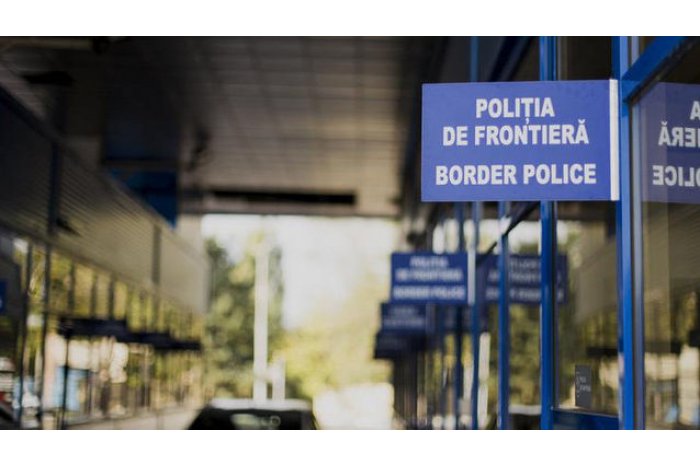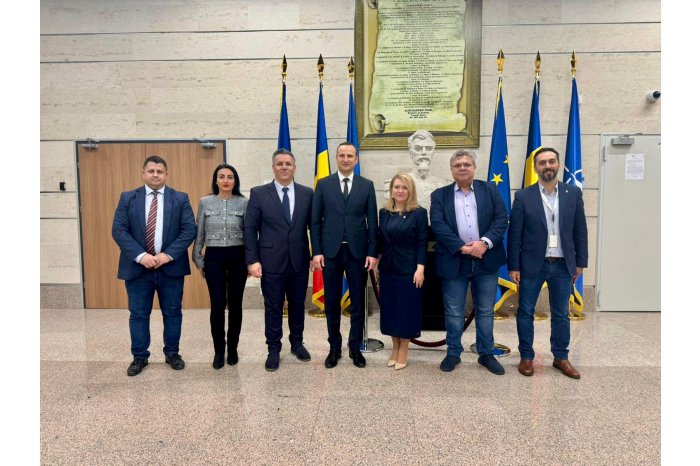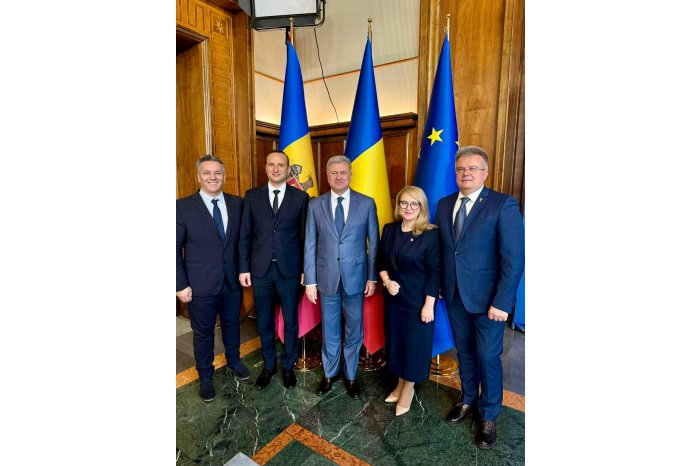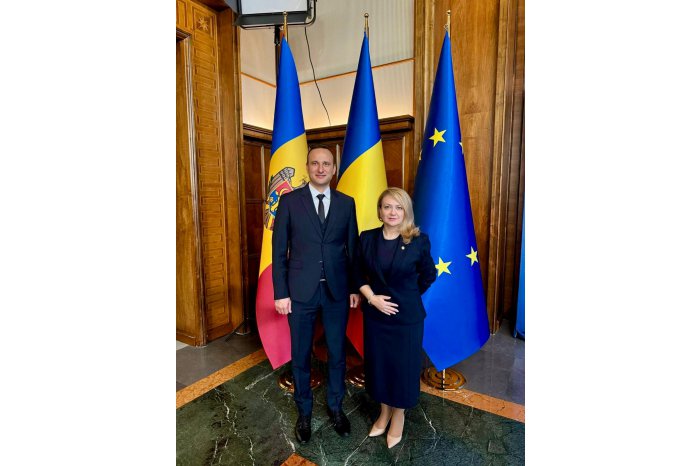Moldova, Romania sign new agreement on coordinated control at Giurgiulesti-Galati border checkpoint
20:56 | 21.11.2024 Category: Social
Chisinau, 21 November /MOLDPRES/ - Moldova and Romania have signed a new agreement on coordinated control at the state border at the Giurgiulesti-Galati border crossing point. The state secretary at the Moldovan Interior Ministry (MAI), Mariana Lucreteanu, and her Romanian counterpart, general quaestor Bogdan Despescu signed the agreement in Bucharest on 20 November.
The document on cooperation, the second one of this kind signed with Romania, represents the two sides’ commitment for the enhancement of the citizens’ mobility and the easing of the flow of goods, in security conditions.
According to the authorities, the control will be carried out through a single stop, on the territory of Romania, significantly shortening the time of waiting for passengers and carriers. At the same time, the document will allow a closer cooperation between the border authorities, which will contribute to the efficient combating of the cross-border criminality.
The coordinated control will allow easing the trafficking of goods; will stimulate the commercial exchanges and will facilitate the investments. Also, the agreement promotes the good practices in the borders’ management, in accordance with the European Union's standards.
The document will enter into force following the finishing of the domestic procedures and the exchange of information on the methodology of enforcement. At the same time, the experience gained following the implementation of the coordinated control at the Leuseni-Albita border checkpoint will be turned to account, in order to ensure a quick and efficient transition.
Also, following the visit to Bucharest, the head of the Border Police, Ruslan Galusca, jointly with the MAI’s state secretary, participated in a study visit to the operational coordination centre at the National Information Unit on Passengers of the Romanian Border Police.
This visit allowed taking over good practices in the sector of border management and control, contributing to the consolidation of the capacities of Moldova’s Border Police.
Thus, Moldova’s delegation was able to directly notice the way the modern technologies are used, in order to enhance the efficiency and security of the border control. At the same time, the experience of the Romanian Border Police in the risks analysis and crisis situations’ management will be useful in consolidating the Moldovan authorities’ reaction capacities.




